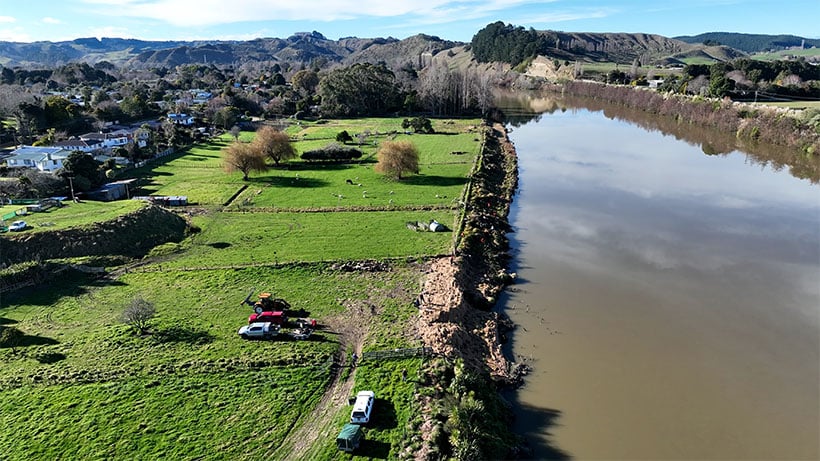Today, the World Health Organization (WHO) approved the General Programme of Work 2025-2028, which includes responding to the escalating threat to health posed by climate change as one of its six strategic objectives. These objectives reflect major areas of focus for this four-year period.
Climate change presents a significant threat to global health, exacerbating vulnerabilities in health systems and widening health inequities.
We wholeheartedly embrace that GPW 14 has climate change and health as one of the WHO strategic priorities and acknowledge the profound impact of climate change on global health.
“We wholeheartedly embrace that GPW 14 has climate change and health as one of the WHO strategic priorities and acknowledge the profound impact of climate change on global health,” said Dr Maria Neira, Director, Department of Environment, Climate Change, and Health at WHO. “This strategic focus will enable us to better protect vulnerable populations, enhance the resilience of health systems, and promote sustainable practices that benefit both people and the planet.
In response, WHO aims to lead a comprehensive response by the global health community to the climate crisis, driving the scale-up of evidence-based interventions to build climate-resilient health systems, and support health-promoting and environmentally sustainable practices within and outside of the health sector. This initiative aims to safeguard health amidst climate challenges, foster synergies between climate adaptation and mitigation efforts, and prioritize vulnerable populations.
Under the strategic objective of climate change and health, WHO prioritizes two key areas:
- Bolstering climate-resilient health systems to ensure that people around the world are protected from the escalating health risks of climate change. WHO will mobilize its capacities across health promotion, universal health coverage and emergencies to drive comprehensive health protection from climate-related risks.
- Championing and promoting lower-carbon health societies. WHO will guide progress towards health systems that not only provide essential healthcare, but that are also climate resilient and low carbon, for example through the roll out of essential medical equipment powered by renewable energy. The Organization will also promote actions that both improve health and mitigate climate change across the energy, food, transport and urban systems.
These actions align with broader goals of scaling up primary health care, achieving universal health coverage, and advancing health-enhancing climate resilience and mitigation efforts at national and global levels.
By prioritizing climate change and health, WHO underscores the critical intersection of climate change and global public health. This strategic focus for 2025–2028 is a decisive step towards ensuring healthier populations and a healthier planet, reinforcing the Organization’s commitment to addressing the most pressing challenges of our time.








